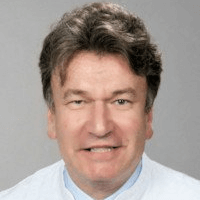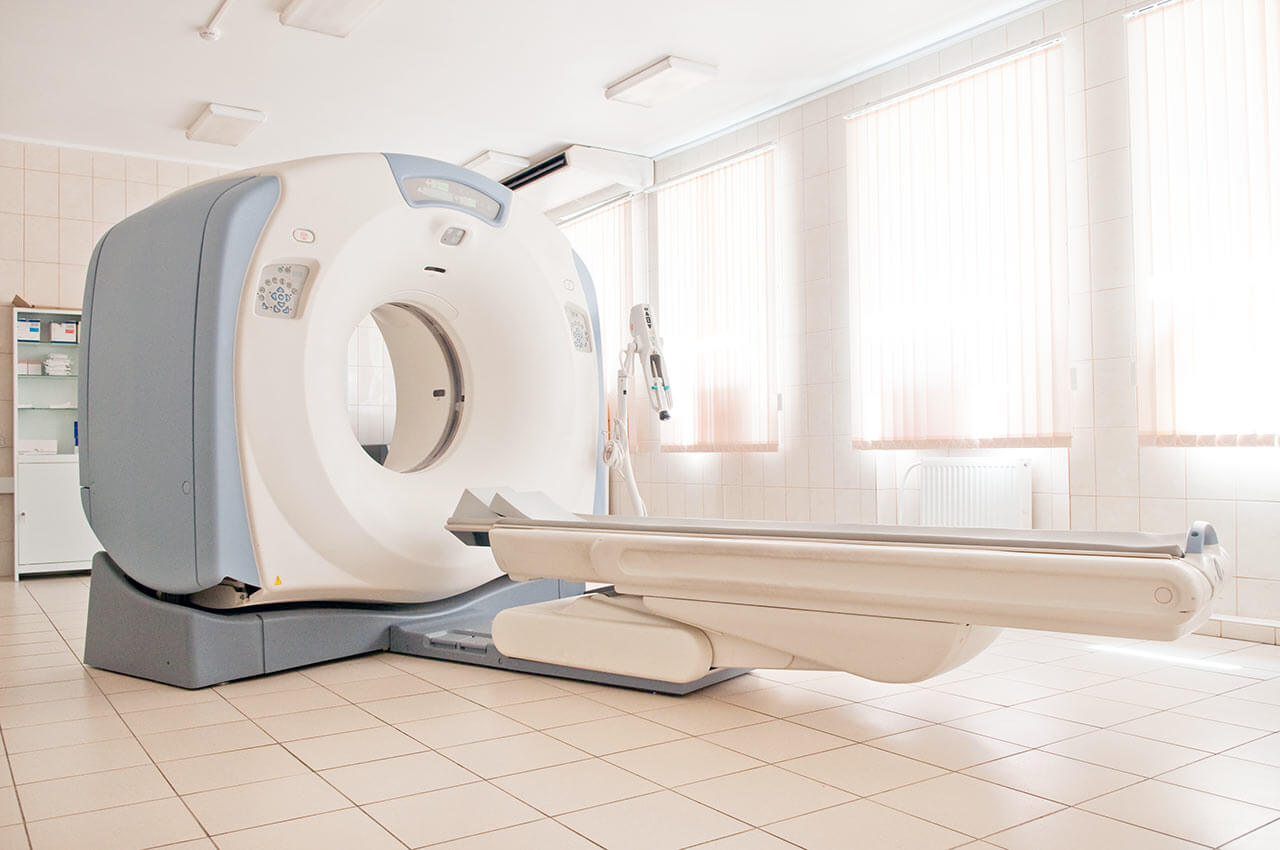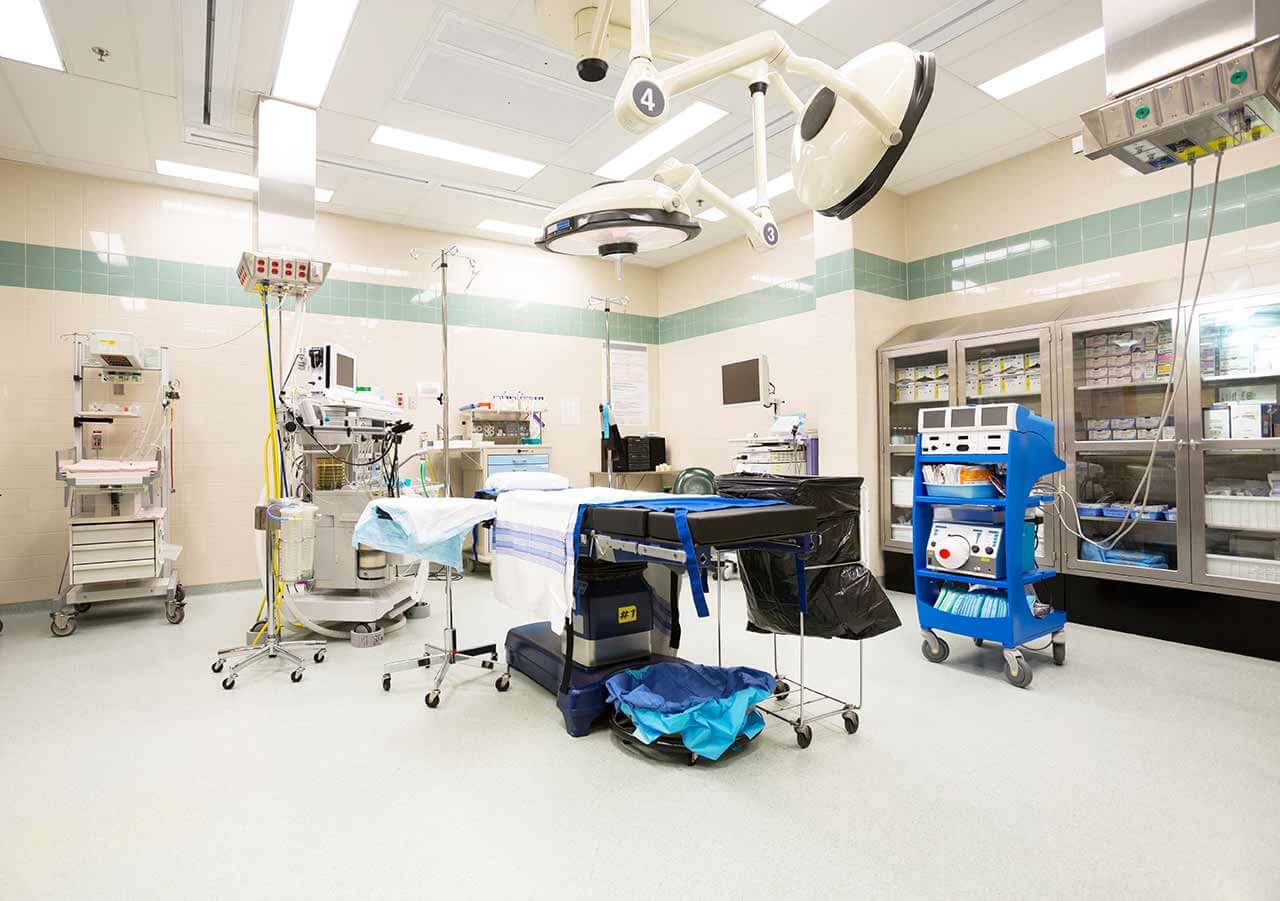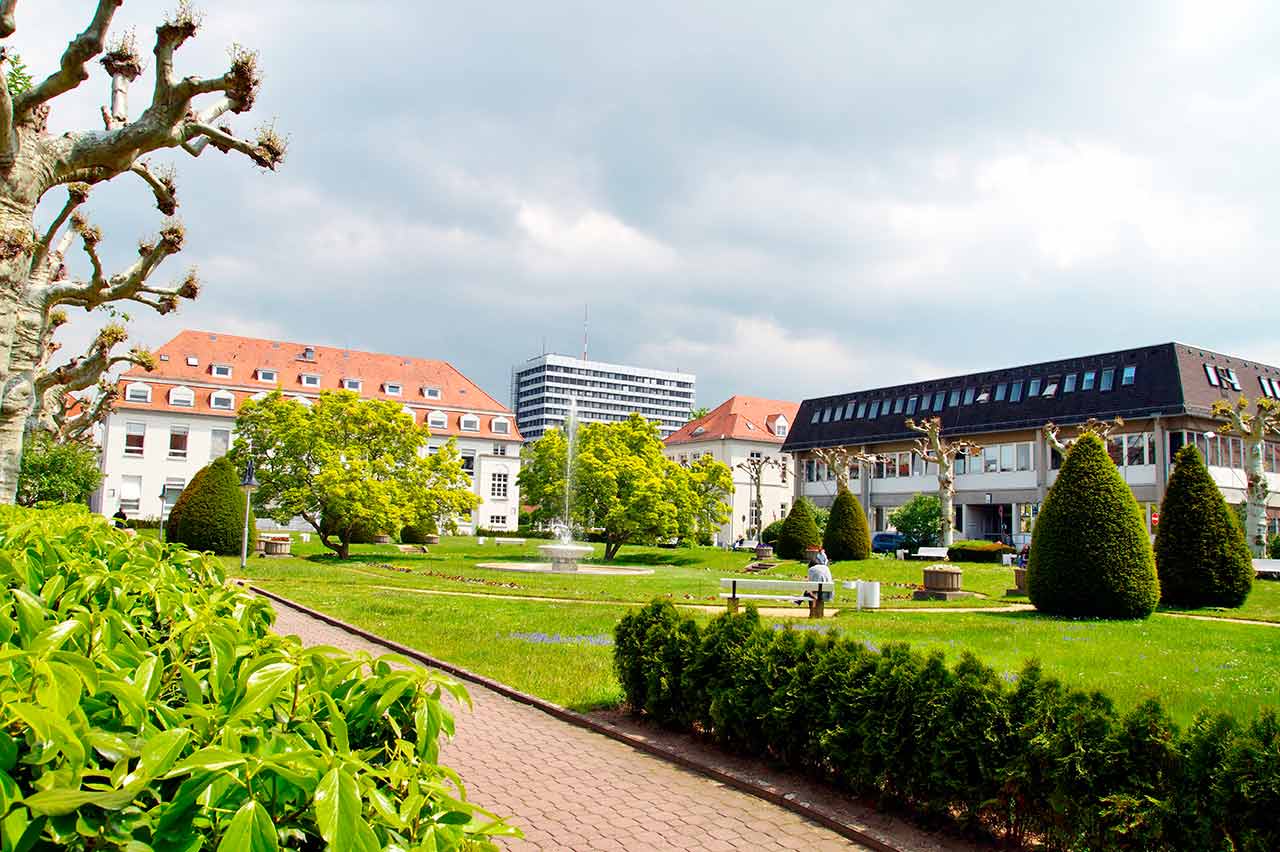
About the Department of Nuclear Medicine at University Hospital Mainz
The Department of Nuclear Medicine at the University Hospital Mainz offers the full range of services in this field. The department specializes in the diagnostics and treatment of various diseases with the help of radioactive substances. Of particular interest is the treatment of benign and malignant thyroid diseases with radioiodine therapy. The department employs highly qualified doctors who take care of the individual approach to each patient, the selection of the optimal form of therapy with minimal side effects. The department is headed by Prof. Dr. med. Mathias Schreckenberger.
The service range of the department includes the following diagnostic and therapeutic options:
Diagnostics
- PET-CT
- Diagnostics of oncological diseases
- Non-small-cell lung carcinoma
- Colorectal cancer
- Breast cancer
- Skin cancer (malignant melanoma)
- Malignant lymphoma
- Esophageal carcinoma
- Thyroid cancer
- Pancreatic cancer
- Ovarian cancer
- Head and neck tumors
- Bone and soft tissue tumors
- Brain tumors
- Diagnostics of brain diseases
- Early diagnostics of dementia with F18 deoxyglucose
- Early diagnostics of Parkinson's disease with F18-DOPA, F18DMFP (D2 receptor)
- Diagnostics of brain tumors using F18-FET (amino acid metabolism)
- Diagnosis of epilepsy with F18-deoxyglucose
- Diagnostics of heart diseases
- Diagnostics of inflammatory processes of limited localization
- Diagnostics of oncological diseases
- Ultasound exainations
- Scintigraphy
- Other diagnostic methods
Therapy
- Radioiodine therapy in
- Overactive thyroid (hyperthyroidism)
- Enlarged thyroid gland
- Thyroid cancer
- 90Yttrium-DOTATOC therapy in patients with metastatic neuroendocrine tumors
- 186Rhenium-HEDP therapy in patients with painful bone metastases
- 131I-MIBG therapy in patients with metastatic pheochromocytoma, neuroblastoma or paraganglioma
- Selective internal radiation therapy (SIRT) in patients with liver cancer and liver metastases
- Other types of therapy
Curriculum vitae
Prof. Dr. med. Mathias Schreckenberger studied Human Medicine at the Johannes Gutenberg University Mainz (1984 - 1990) after the end of military service. After receiving his doctoral degree, he worked as a Research Assistant at the University Hospital Erlangen-Nuremberg, Mainz and Aachen in the field of Anatomy of the Nervous System, Ophthalmology, Neurology and Nuclear Medicine. In 1999, the professor received the title of a Medical Specialist in Nuclear Medicine. In the same year, Dr. Schreckenberger took the position of a Senior Physician in the Department of Nuclear Medicine at the University Hospital Aachen. In 2007, he was habilitated and took the position of the Leading Senior Physician in the Department of Nuclear Medicine at the University Hospital Mainz. In 2003, the doctor was offered the position of C3 Professor in Nuclear Medicine, and in 2006 he was appointed to the post of an Acting Head of the Department of Nuclear Medicine at the University Hospital Mainz. Also, Dr. Schreckenberger declined the offer to take a position at the Department of RWTH Aachen (2007). In May 2008, he became the Professor and Head of the Department of Nuclear Medicine at the University Hospital Mainz.
Photo of the doctor: (c) Universitätsmedizin der Johannes Gutenberg-Universität Mainz





